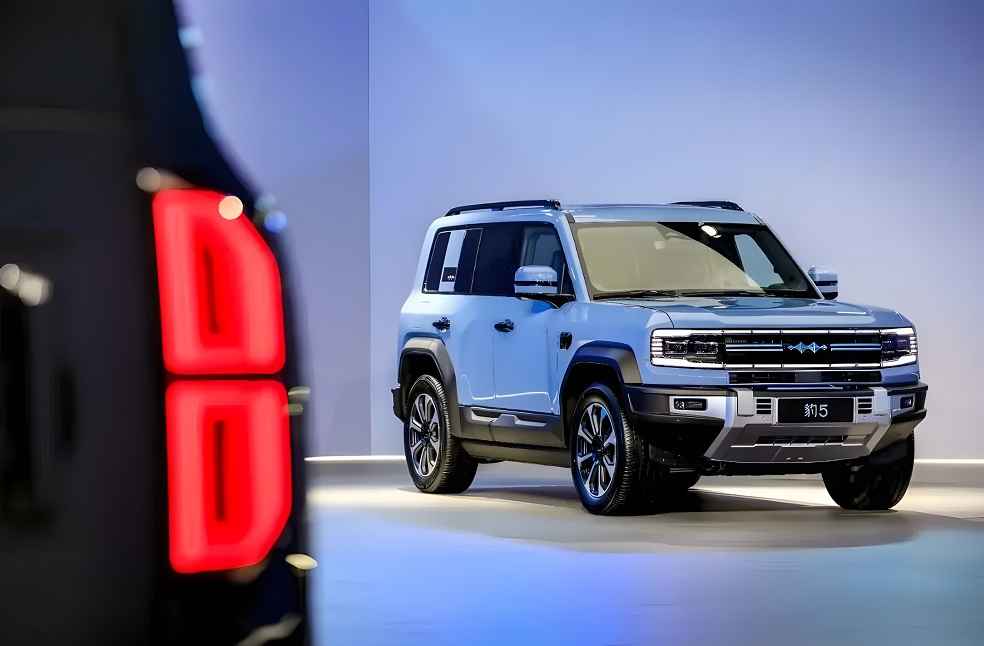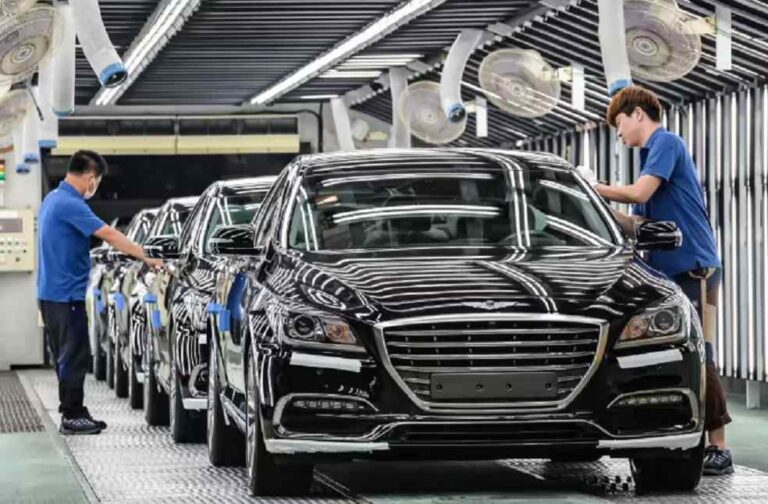South Korea’s reported consideration of an anti-subsidy investigation into Chinese electric vehicles (EVs) has drawn criticism from Chinese observers, who describe it as a ‘gesture declaration’ rather than a substantial policy move. Analysts suggest the rhetoric may reflect South Korea’s alignment with U.S. and EU trade protectionist measures, which they argue politicise economic issues.
According to Yonhap News Agency, South Korea’s Ministry of Trade, Industry, and Energy stated it could explore imposing anti-subsidy tariffs on Chinese EV imports if South Korean enterprises file an application. This comes as Chinese automaker BYD prepares to enter the South Korean passenger EV market in January. The ministry emphasised that any investigation would follow subsidy agreements and the Customs Act.

However, analysts warn that such a move could harm improving economic relations between South Korea and China. Lü Chao, a Korean Peninsula expert, pointed out that China is a major export market for South Korea, and adopting unilateral trade restrictions akin to those in the U.S. and EU could strain bilateral ties and impact South Korean businesses and residents.
Chinese automotive exports to South Korea have risen notably, now accounting for 15 percent of the South Korean import market, according to a November report by Asia Daily. Despite this growth, experts argue that the market share of Chinese automakers in South Korea remains too small to justify claims of material injury, a key premise for an anti-subsidy investigation.
Wu Shuocheng, an automobile industry analyst, highlighted that Chinese EVs’ global competitiveness stems from cost advantages across the supply chain, not government subsidies as some nations allege. He described the South Korean government’s potential probe as misguided, aimed at protecting its domestic auto industry rather than fostering innovation and fair competition.

Observers also note the low likelihood of a formal investigation, as it would require complaints from South Korean companies. However, the rhetoric itself has sparked concerns over its implications for the growing economic collaboration between the two nations.
Lü stressed that bilateral trade relations between South Korea and China have shown positive momentum recently. He cautioned that following the trade protectionist approaches of the U.S. and EU could damage this progress and undermine South Korea’s export-oriented economy.
BYD has yet to comment on the situation. The company recently announced partnerships with six South Korean dealers and plans to launch operations in January. The developments underscore the potential for further integration of Chinese EVs into South Korea’s market despite ongoing policy debates.
GENERAL | EU Launches Strategic Dialogue to Support Europe’s Struggling Auto Industry





